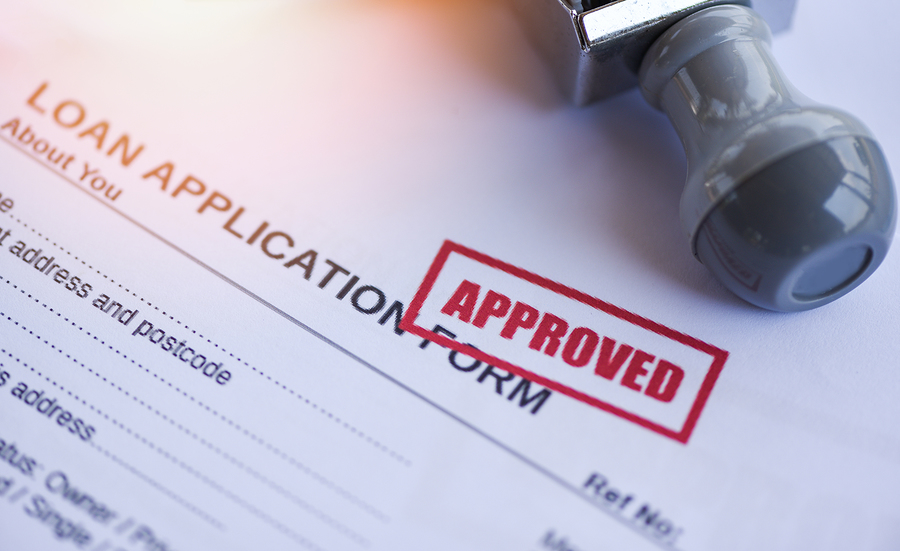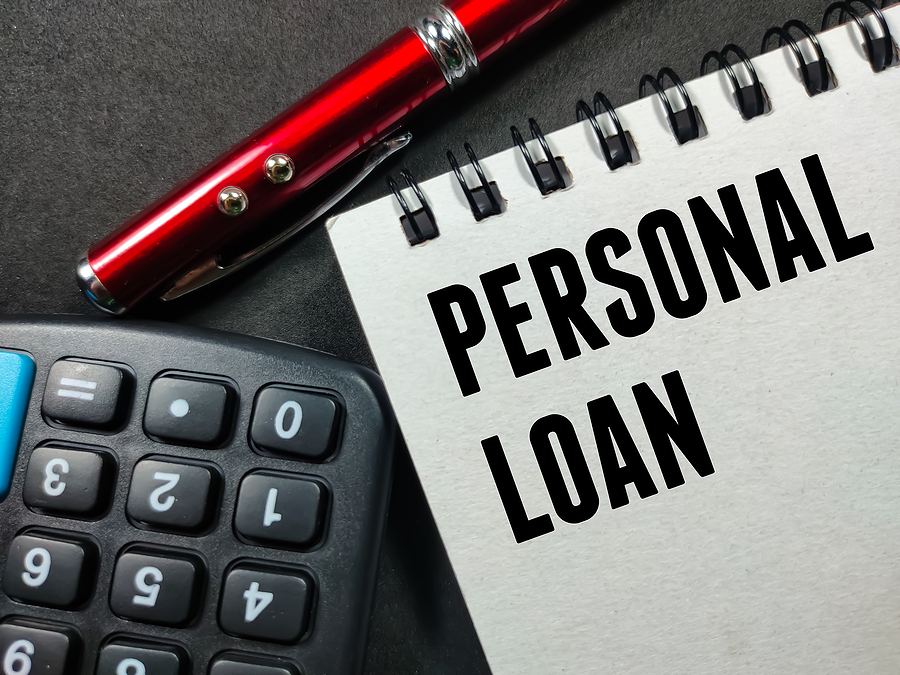Considering taking out a personal loan? Before you sign on the dotted line, it’s important to make sure that your lender is legit. Forget spam emails claiming to be from deposed princes. These predatory lenders are sneaky experts at the art of obfuscation. Keep reading to find out reasons that you can trust a personal loan company and reasons you should get the hell out of Dodge. Grab your loan payoff calculator and let’s discuss ways to evaluate lenders so you can receive the best personal loan possible.
Indications you can trust the personal loan company
Table of Contents
Here are a few indicators that the company you’re looking at is trustworthy:
• They have favorable online reviews on well-known sites: Check out sites like Google’s business reviews to see what their customers are saying.
• They’re accredited by the Better Business Bureau: The BBB vets businesses to make sure they’re legitimate, and you can usually find a list of complaints against the company on its BBB listing.
• Their contact information is readily available: You should be able to easily find their contact information, such as their physical address or phone number.
5 signs that a personal loan company is a fraud
Here are 5 signs that you might be dealing with a personal loan scam:
1. They aren’t registered in your state or don’t have a physical address
Lenders must be registered in the state where they are conducting business. Be wary if you can’t see where the lender is registered. They should have a list of where they’re registered on their website. They should also have a physical address. Make sure to verify that this address is legitimate and not a front.
2. They guarantee that you’ll get approved
If it seems too good to be true, it probably is. Didn’t you learn anything from your last relationship? No lender or broker can guarantee that your application will get approved. A real lender will need to look at details like your credit score and debt amount to determine your approval.
3. Their website doesn’t look secure
The company you’re considering should have a secure website. If you don’t see a padlock symbol on pages that require you to input personal information, or if the URL doesn’t have an ‘s’ after ‘http’, you should be on high alert. The ‘s’ stands for secure and can protect you from having your information stolen.
4. They ask for a prepaid debit card up front
Real loan companies may charge you fees for items such as appraisals or applications, but these fees are taken out of your loan amount. If a lender asks you for a prepaid debit card as payment, run for the hills. It’s a sure sign of financial shadiness.
5. You’re never asked about your credit score or credit history
Any lender worth its salt will inquire about your credit score and tell you that they’ll be looking at your credit history to determine if you’ll get approved. The higher your credit score, the more likely it is that you’ll repay your loan. If a company says it doesn’t care about your score, it’s a sign that they’re probably fake.
What to do if you’re a victim of fraud
So you accidentally got duped. What now?
• Gather documents: Gather any documentation you have that can support your case.
• Contact the authorities: Go to your local law enforcement and fill out a report. Then, get in touch with your state attorney and the BBB to explain your situation.
• Contact the credit bureaus: Place a fraud alert with the three major credit bureaus (Equifax, Experian, and TransUnion). This will tell your creditors that you’ve experienced fraud and that you should be contacted prior to them giving you any new credit.
Do some digging before proceeding full steam ahead with a personal loan company. There are fraudsters abound, but a little due diligence can save you from a scam headache. Channel your inner Sherlock Holmes and get to work—we know you’ll be able to cut through the BS and find the lender of your dreams.
Image Source: BigStockPhoto.com (Licensed)
Related Categories: Money, Legal, Reviews








